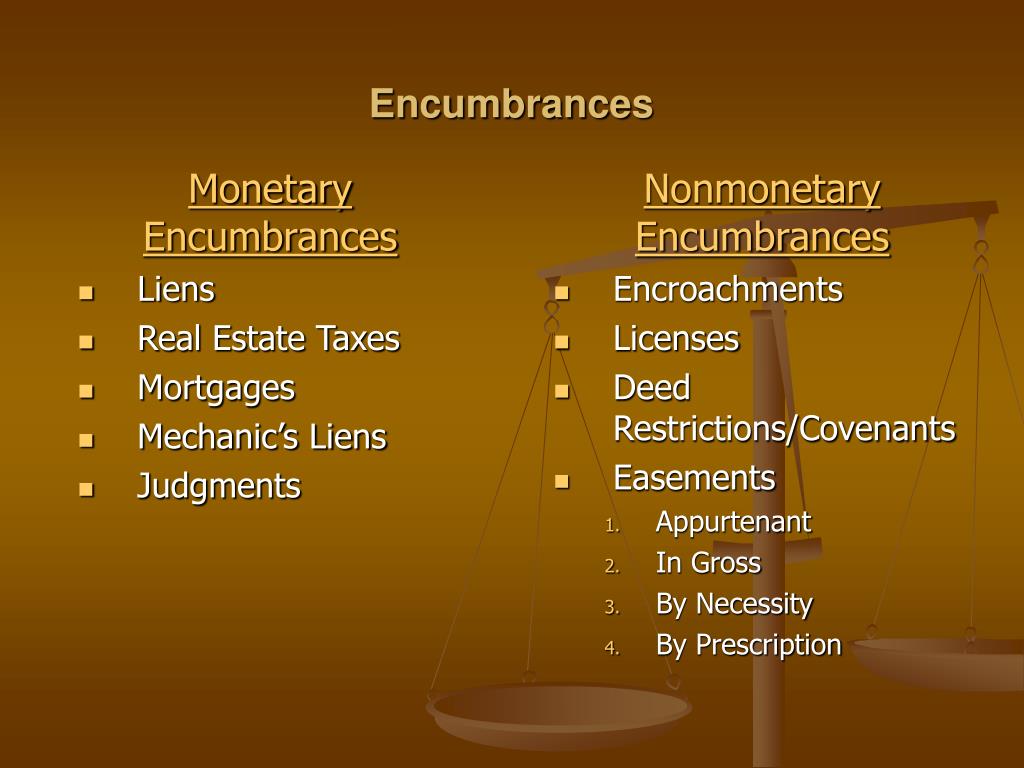

Is my wife entitled to half my house if it’s in my name? When we choose not to keep covenants, we cannot receive the blessings. Making and keeping covenants qualifies us to receive the blessings God has promised. God sets specific conditions, and He promises to bless us as we obey these conditions.

What is the main purpose of a covenant?Ī covenant is a sacred agreement between God and His children. Decisions such as hiring a listing agent or negotiating a price are often challenging enough without having to agree with the co-owner. When selling a home, there are different decisions that need to be made throughout the process. Can someone sell a house if your name is on the deed?Ī house cannot be sold without the consent of all owners listed on the deed. You shall be circumcised in the flesh of your foreskins, and it shall be a sign of the covenant between me and you. Jewish men are circumcised as a symbol of this covenant. The first covenant was between God and Abraham. What was God’s first covenant? The covenant between God and Jews is the basis for the idea of the Jews as the chosen people. There are, however, five explicit covenants that form the backbone of the Bible: those God makes with Noah, Abraham, Israel, and David and the New Covenant inaugurated by Jesus. The covenant between Abraham and God consisted of three separate parts: the promised land. What are the three promises God made to Abraham? The covenant between God and Jews is the basis for the idea of the Jews as the chosen people. There are several covenants in the Bible, but five covenants are crucial for understanding the story of the Bible and God’s redemptive plan: the Noahic Covenant, the Abrahamic Covenant, The Mosaic Covenant, the Davidic Covenant and the New Covenant. Livery of seisin (/ˈsiːzɪn/) is an archaic legal conveyancing ceremony, formerly practised in feudal England and in other countries following English common law, used to convey holdings in property. An affirmative or positive covenant is a clause in a loan contract that requires a borrower to perform specific actions.

Generally, there are two types of covenants included in loan agreements: affirmative covenants and negative covenants.


 0 kommentar(er)
0 kommentar(er)
